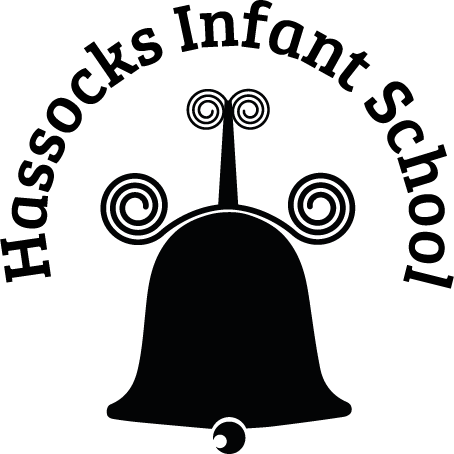Mathematics
At Hassocks Infant school, we aim for all children to become keen mathematicians. We believe that being confident in maths is a fundamental skill essential for all children as they progress on their learning journey and into adulthood. Maths is an adventure for children, where they can explore exciting problems, play with numbers, and discover the joy of learning through games and hands-on activities. We ensure our curriculum allows children to see the purpose of their learning through everyday experiences, such as counting objects, measuring ingredients while cooking, telling time, and engaging with maths in play, all of which help them make sense of the world around them.
Our methodology encourages students to explore and understand mathematical principles through problem-solving and critical thinking, laying a solid foundation for future learning. Through this mastery-based approach, we aim for our learners to develop a strong, confident, and comprehensive understanding of mathematics.
Our Approach:
For the past 3 years, we have been part of the Maths Mastery programme from the National Centre for Excellence in the Teaching of Mathematics (NCETM). This approach focusses on fostering a deep understanding of mathematical concepts through a coherent and well-connected progression of learning, ensuring that students fully grasp each idea before moving on to the next.
We use the White Rose scheme of learning to support our maths teaching. In addition to this, we also deliver daily fluency sessions, to develop the children’s number sense. In the EYFS, the children follow the Mastering Number programme as their core maths sessions. The White Rose scheme is used to teach space, shape and measure concepts. In Key Stage One, the children follow the White Rose scheme as their core sessions, alongside Mastering Number Fluency sessions.
Teaching Tools:
White Rose
The White Rose scheme provides a comprehensive and structured curriculum that follows the mastery approach to learning. It enables pupils time to grasp each concept, and revisit learning throughout the year. Teachers use the White Rose lesson plans, resources and activities. This is adapted where necessary, to ensure the children are provided with appropriate learning experiences.
Fluency- Mastering Number
The Mastering Number program by the NCETM is designed to help students develop a deep and secure understanding of numbers and numerical concepts. It focusses on building a strong foundation in mathematical fluency, promoting a solid grasp of number relationships, patterns, and operations.
It uses engaging and relevant teaching tools, such as the Number Blocks, to help children to develop a secure understanding of the composition of a number. In Key Stage One, the children also use Rekenreks, which is a counting frame that enables children to use a concrete resource to support their calculations. Through these learning experiences, children gain confidence and proficiency in working with numbers.
Supporting All Children:
Our maths sessions are designed to be accessible to all children and are taught as a whole class input. The teacher carefully considers ways to teach a concept in an inclusive way and uses different levels of questioning or follow-up tasks to support the understanding of individual learners. When a new mathematical concept is introduced, engaging in whole class discussions enables all children to benefit from the ideas and thoughts of their peers, creating a learning community. As the teacher has high expectations of all learners, and provides lessons that are accessible to all, the children's self-esteem will grow, resulting in a positive view of maths.
Following a mastery approach to maths means we work towards children developing a deep understanding of maths concepts.
One of the key features of maths mastery is coherence. This means delivering lessons that are broken down into small, connected steps. This makes new concepts accessible to all children, as they develop generalisations which can be applied to a range of contexts. Lessons are delivered with carefully selected manipulatives, ensuring all children can use concrete resources, before moving onto pictorial and finally, abstract representations.
Teaching for mastery minimises children being taken out of the classroom, and ensures all pupils learn together, and from one another. A mixture of mathematical language from pupils at various stages in their development helps lower attaining children widen their vocabulary.
